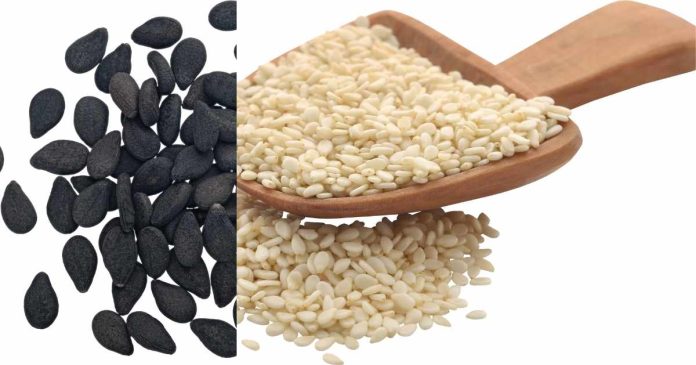Drug testing is a common practice in workplaces, sports, and legal settings, used to detect the presence of substances that may impair performance or violate policies. Occasionally, concerns arise about whether certain foods or everyday items can interfere with test results. One such question is whether sesame seeds can cause a positive drug test.
This article aims at exploring the relationship between sesame seeds and drug testing, addressing myths, scientific evidence, and practical considerations.
The Concern: Foods and Drug Tests
Drug tests primarily look for specific metabolites in urine, blood, or saliva that indicate the use of illicit substances such as marijuana, opioids, or amphetamines. These tests are designed to be accurate and selective, but they are not immune to false positives caused by cross-reactivity with unrelated substances.
The question of sesame seeds arises because of the misconception that consuming certain foods, such as poppy seeds, can trigger false positives for opiates. This raises the concern about whether other seeds, like sesame seeds, might have a similar effect.
The Science Behind Sesame Seeds
Sesame seeds are a nutritious food commonly used in bread, salads, and baked goods. They are high in protein, healthy fats, and minerals like calcium and magnesium. Importantly, sesame seeds do not contain compounds that mimic illegal drugs or their metabolites.
Unlike poppy seeds, which naturally contain trace amounts of opium alkaloids (morphine and codeine), sesame seeds have no known chemical properties that could interfere with standard drug tests.
Drug Test Specificity
Modern drug tests, such as gas chromatography-mass spectrometry (GC-MS) and enzyme immunoassays, are designed to minimize false positives by detecting specific metabolites associated with drug use. These tests are highly accurate and are unlikely to be affected by common foods like sesame seeds.
If you’re undergoing a drug test and have consumed sesame seeds, there’s no need to worry—they are not a known source of interference.
Poppy Seeds vs. Sesame Seeds
The confusion between sesame seeds and drug test interference likely stems from the well-documented case of poppy seeds. Poppy seeds can contain trace amounts of morphine and codeine, which might show up on a test if consumed in large quantities shortly before testing. However, sesame seeds are chemically different and have no such properties.
Tips for Accurate Drug Test Results
If you are concerned about foods or other factors that might affect your drug test results, consider the following:
- Communicate With Your Tester:
Inform the testing administrator about any unusual foods, supplements, or medications you’ve recently consumed. - Avoid Poppy Seeds Before Testing:
If possible, steer clear of poppy seeds a few days before a drug test to eliminate the risk of a false positive for opiates. - Request Confirmation Testing:
If a false positive occurs, you can request a more specific confirmatory test, like GC-MS, to rule out food-related interference.
Sesame seeds do not contain any substances that would cause a positive drug test. While poppy seeds are known for their potential to trigger false positives for opiates, sesame seeds are chemically distinct and safe to consume before testing. If you’re facing a drug test, there’s no need to worry about sesame seeds affecting your results.
The key takeaway is to understand how foods and other factors can interact with drug tests and to communicate openly with testing professionals if you have concerns.



